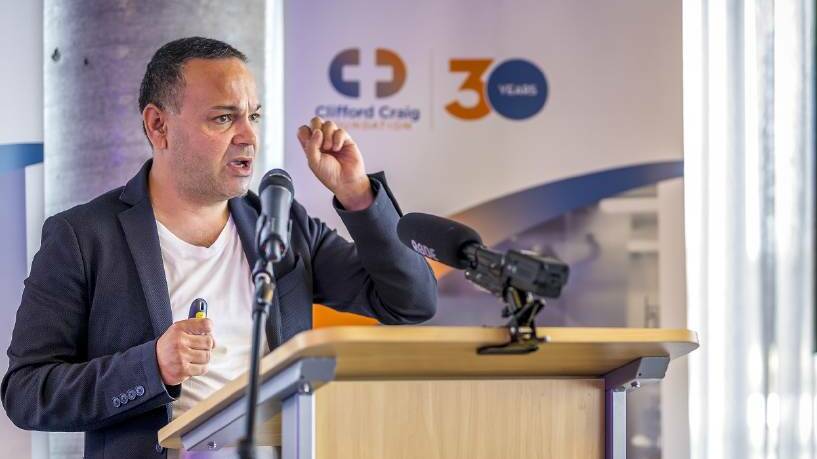
"The advocates for unregulated e-cigarette sales, say that it is causing a black market".
Subscribe now for unlimited access.
or signup to continue reading
It is almost certainly the industry itself which is fuelling the black market.
The tobacco industry use smuggling to open new markets. This is what they are doing with e-cigarettes.
The big tobacco plan is to get as many people addicted as possible, especially children and adolescents, because the nicotine alters their brain structure, makes them addicted, then they will clamour for vapes to be "legalised" as a recreational drug.
Big tobacco has directly engaged in smuggling all over the world, including Asia, Europe and Canada. In Canada, they also used it to argue for tobacco taxes to be reduced. A University of Bath report says "Growing and diverse sources of evidence indicate that the tobacco industry remains involved in tobacco smuggling and that TI cigarettes account for around two-thirds of the illicit cigarette market".
This is described as organised corporate criminality. Not only do the tobacco and vape industry target children - they target low and middle-income countries.
There are many things we don't know about the health effects of e-cigarettes because it is too early in the pandemic to ascertain. However, e-cigarettes will likely cause head, neck and oral cancers, cardiovascular disease, strokes, pediatric injury, and are likely to exacerbate COVID-19 respiratory symptoms.
Indeed, in a recently published study, we confirmed that electronic cigarette condensates increase the expression of SARS-CoV-2 (COVID-19) receptor on human lung cells.
In Australia, e-cigarettes can be prescribed by a doctor and dispensed by a chemist, for people who are interested in quitting smoking.
Unsurprisingly few doctors will do this, as there are many other drugs, proven to be relatively safe, and which have been approved by the TGA, and services available to help people quit.
Furthermore, the evidence on successful quitting using e-cigarettes is very thin.
One 2022 study concluded, "The use of e-cigarettes as a therapeutic intervention for smoking cessation may lead to permanent nicotine dependence."
Doctors prefer evidence. And as patients, we prefer doctors who follow evidence-based medicine. Not quacks who have been "bought" by industry".
Numerous researchers agree that the development of electronic cigarette-related illnesses will outweigh any short-term benefits, but the evidence for short-term benefit is lacking. Of utmost importance, we amongst an array of other scientists have repeatedly shown electronic nicotine delivery devices to be toxic and in no regard a "safer" option for smoking tobacco.
The naivety and innocence of young vapers experimenting with a combination of inhalants could result in the development of ongoing respiratory distress and long-term management of damaged lungs. For those suffering from strong nicotine cravings, the most vulnerable may be persuaded to switch to vaping based on flawed evidence.
Tobacco manufacturers can lawfully insert anything they choose, however toxic, in their products and the same applies to electronic cigarette manufacturers.
It was reported in the recent Australian Financial Review (February 20-21, 2021) that the tobacco industry contract-funded peak retailer organisations to promote electronic cigarettes, and successfully lobbied for a Senate enquiry. TGA director Professor John Skerrit told the enquiry "I believe that smoking is more harmful than vaping but that does not make vaping harmless - in the same way, that being hit by a car on the freeway is less harmful than being hit by a truck but it is not desirable".
We do not believe that substantial evidence exists for electronic cigarettes to be used as a tool for smoking cessation.
We do not believe that substantial evidence exists for electronic cigarettes to be used as a tool for smoking cessation.
The risks of electronic cigarettes are far too great for them to be deemed safe to be prescribed by medical professionals.
We recirculate the simple notion that the lungs are not designed for the chronic inhalation of anything but air. Let's not get burnt all over again!
- Dr Sukhwinder Singh Sohal and Dr Kathryn Barnsley, University of Tasmania, School of Health Sciences.













